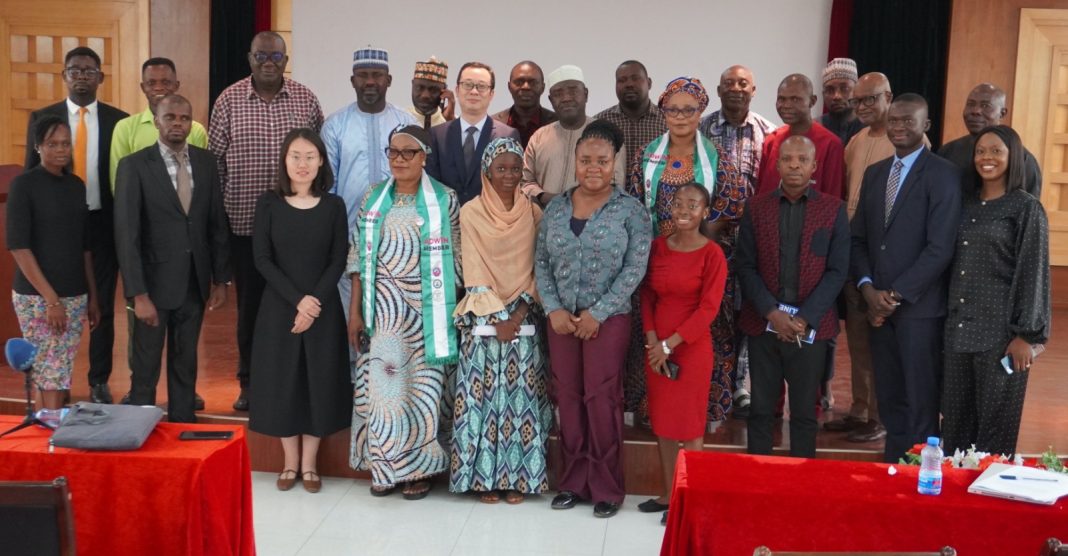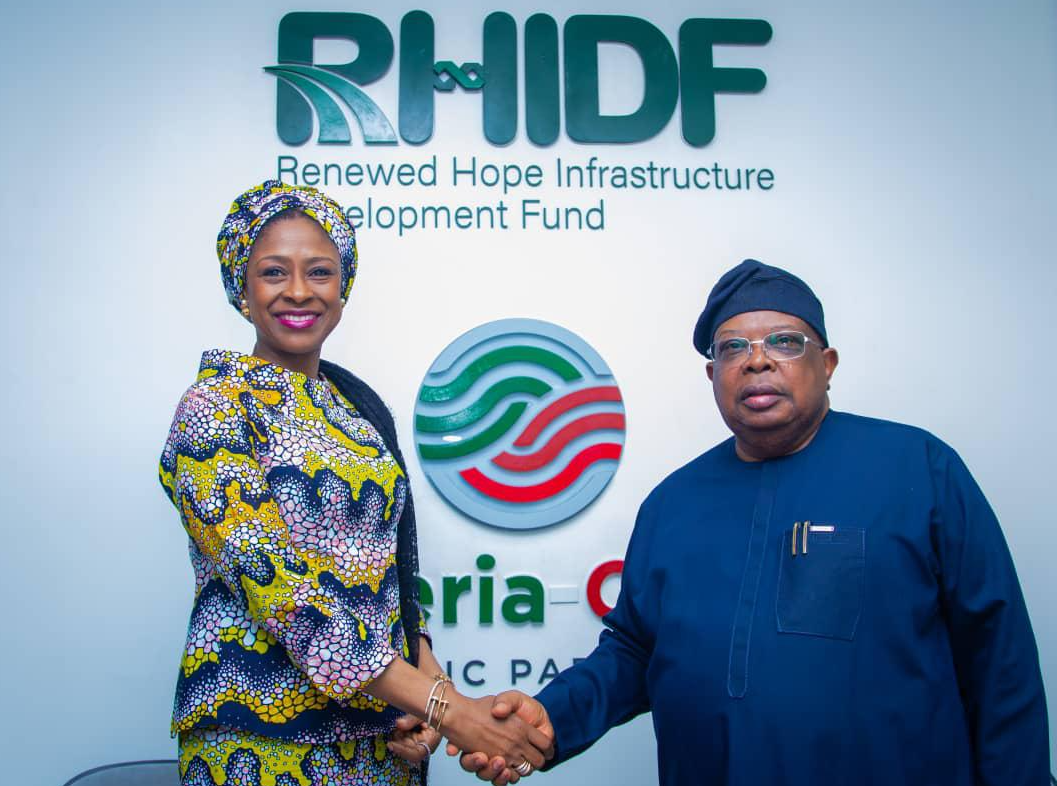A media salon focusing on the One-China principle as the cornerstone of China-Nigeria relations was held on Thursday at the China General Chamber of Commerce in Abuja.
Co-hosted by the Centre for China Studies and the Centre for Contemporary China-Africa Research, the event brought together foreign policy experts, media professionals, embassy officials, and journalists.
Charles Onunaiju, Director of the Centre for China Studies, delivered a presentation on the historical and diplomatic significance of the One-China principle, emphasizing that Taiwan is an inseparable part of China.
He noted that Taiwan was ceded to Japan by the Qing Dynasty following the First Sino-Japanese War in 1895 but was returned to China under the 1943 Cairo Declaration and the 1945 Potsdam Proclamation.
Onunaiju clarified that Nigeria maintains no diplomatic relations with Taiwan, with Taiwan’s presence in Nigeria limited to a trade office for commercial purposes only.
Professor Sheriff Ghali Ibrahim, Head of the Department of Political Science and International Relations at the University of Abuja and Director of the Centre for Contemporary China-Africa Research, discussed the economic and trade implications of the One-China principle.
He described it as the bedrock of Nigeria-China relations, noting that Nigeria’s adherence to the principle has driven significant trade growth and infrastructure investment.
“In 2024, bilateral trade volume between both countries surpassed $20 billion, with China making significant financial interventions in Nigeria’s infrastructural development, especially in the railway sector and road construction,” Prof Ghali said.
Dr. Austin Maho, a lecturer at the International Institute of Journalism, addressed the role of Nigerian media in reporting on the Taiwan issue. He urged journalists to seek clarification before publishing reports and to exercise caution in their language to avoid implying recognition of Taiwan as a separate entity. Maho stressed that the Taiwan issue is a core interest of China and a diplomatic red line.
In his remarks, Zhu Songbo, Director of the Political Section at the Chinese Embassy in Nigeria, commended Nigeria for its steadfast support of the One-China principle since the establishment of diplomatic relations on February 10, 1971. He reiterated that the People’s Republic of China is the sole legitimate government representing all Chinese people.
Zhu urged Nigerian journalists to avoid terms such as “Republic of China,” “State of Taiwan,” “Ambassador of Taiwan to Nigeria,” or “Embassy of Taiwan to Nigeria,” which could suggest the existence of “two Chinas.” He called for objective, fair, and truthful reporting to promote peace and stability across the Taiwan Strait.
The One-China principle affirms that there is only one China, with Taiwan as an inalienable part, and recognizes the People’s Republic of China as its sole legitimate government.





